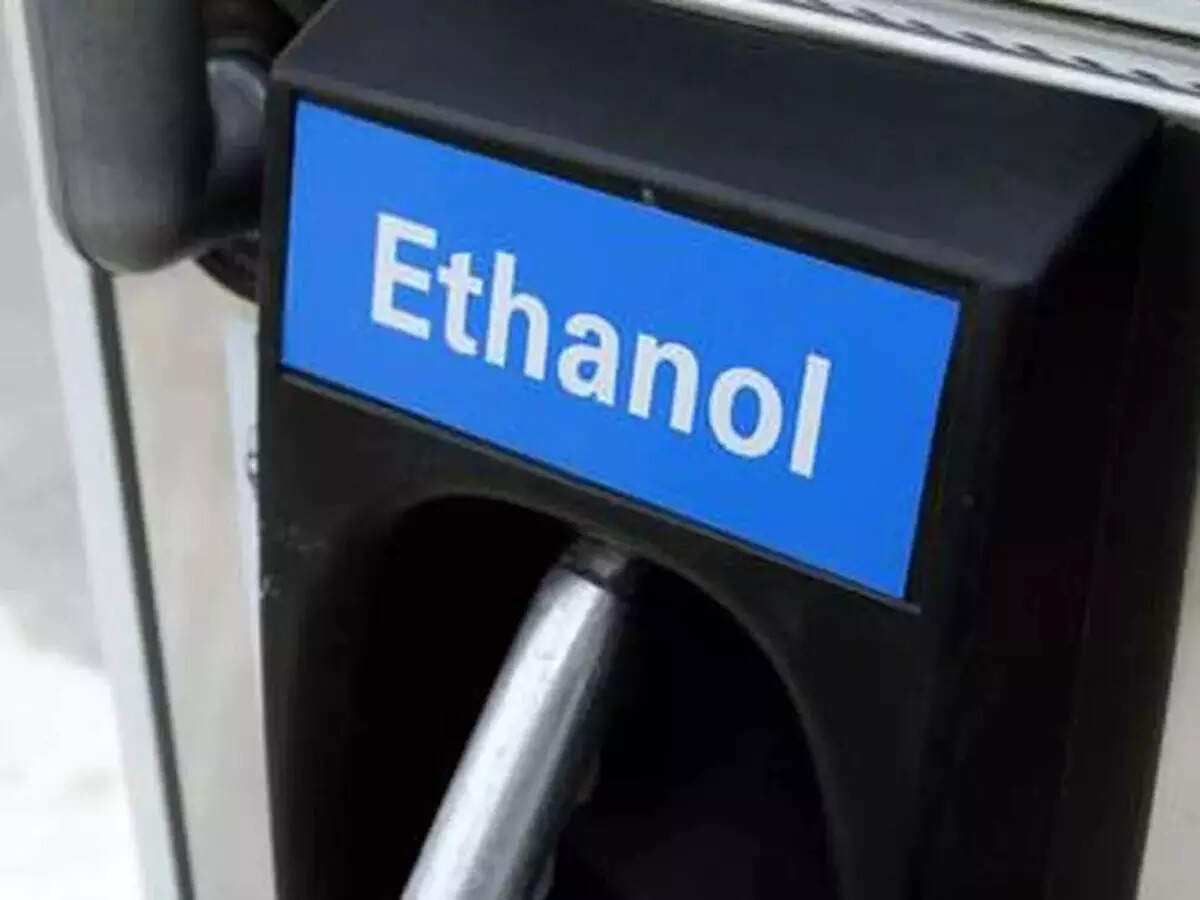
The US Ethanol industry is cautiously looking towards 2024 after grappling with near three-year lows at the end of 2023. The sector anticipates crucial policy support to stimulate growth, with various factors influencing the market dynamics.
Despite a decline in values in the fourth quarter, US ethanol producers experienced positive margins throughout 2023, a noteworthy achievement in a decade marked by volatile industry conditions.
S&P Global Commodity Insights reports the average cash margin in 2023 was 41 cents/gal, a significant improvement compared to the 9 cents/gal in 2022.
This positive trend was sustained for the entire year, peaking at 88.33 cents/gal on September 14, the highest level since December 2021. Although margins have softened recently due to falling ethanol values, optimism remains.
Data from the US Energy Information Administration revealed that weekly ethanol stocks in 2023 were 2.70 % lower than those in 2022.
Factors such as tight inventories and affordable corn prices played a pivotal role in maintaining consistently strong production margins throughout the year.
The fourth quarter of 2023 saw robust production coupled with easing gasoline markets, leading to the lowest ethanol values since January 2021.
While prices approached a floor, positive margins persisted, keeping the industry cautiously optimistic despite a lack of significant bullish drivers.
Logistics issues and delayed shipments characterized 2023, leading to tight supply across various US regions.
The average of weekly domestic stocks by mid-December 2023 was 640,000 barrels lower than the 2022 average.
Particularly, the New York Harbor region experienced tight supply during the second half of the year, emphasizing the logistical challenges faced by the industry.
As the industry steps into 2024, its trajectory hinges on key policy support from the federal government.
The Environmental Protection Agency (EPA) has indicated plans to issue a final rule by March 28, 2024, responding to Midwest governors’ petitions for year-round sale of a gasoline blend containing up to 15 % ethanol (E15).
If approved, this change could significantly impact eight states, allowing year-round E15 sales.
Additionally, the US Department of the Treasury published guidance on the eligibility for the Sustainable Aviation Fuel (SAF) tax credit.
The inclusion of alcohol-to-jet feedstocks in the SAF Tax Credit remains under consideration. Industry leaders expressed cautious optimism about this development, emphasizing its potential for farmers, ethanol producers, and airlines.
S&P Global forecasts ethanol production to remain steady in 2023, with a modest increase from 1.015 million b/d to 1.017 million b/d.
Domestic demand is expected to rise from 896,000 b/d in 2023 to 909,000 b/d in 2024.
However, with the projected decline in US gasoline demand in 2024, policy support from the federal government becomes pivotal.
The allowance of year-round sales of E15 gasoline and the inclusion of alcohol-to-jet feedstocks in the SAF Tax Credit will be critical for the continued growth of the ethanol industry in the coming year.
The industry remains cautiously optimistic about the potential opportunities awaiting in 2024.

